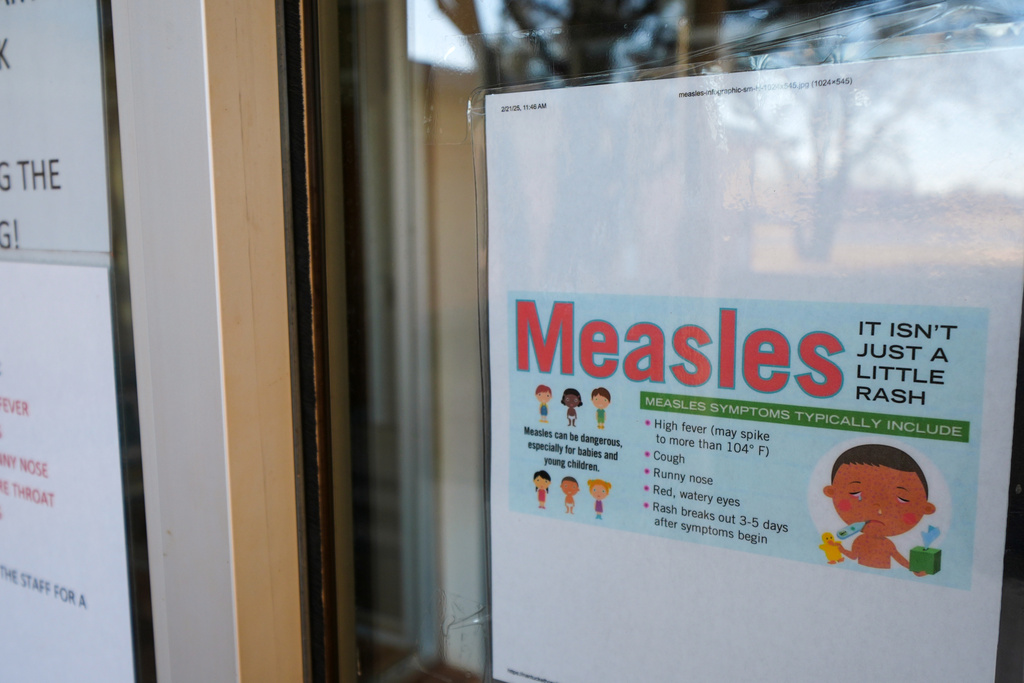Surgical masks, disposable gloves, sanitizing wipes: They’ve become a part of daily life for many people outside the medical industry. And because of the higher demand and stress to the global economy, the White House is reversing course on some of the tariffs it previously placed on these types of supplies from China due to the coronavirus pandemic.
Over 100 different medical products imported from China have been exempted from tariffs levied during the U.S.-China trade war. Surgical masks, sterile gloves and hospital gowns were among the products facing a 7.5% tariff before the exemptions.
The coronavirus outbreak has sent global need for medical supplies soaring; the World Health Organization estimates that manufacturers will need to up their output of protective gear by 40% to meet the demand.
Dr. Robert Kadlec, an assistant secretary at the U.S. Department of Health and Human Services, warns that hospitals could run out of protective equipment for their staff.
During his testimony before the House Oversight Committee, Kadlec told Congress: "Much of it is sourced from overseas. Some of it is domestically manufactured. And yes, we could have spot shortages. We're working with different companies in different sectors."
It'll be tough to fill all of those orders with domestic production alone: 3M, one of the largest makers of medical respirators in the U.S., says it currently can't fulfill all of the orders it's getting.
The Advanced Medical Technology Association, which supported many of the tariff exemption requests, told Newsy that China supplies about 10% of the $50 billion of medical products the U.S. imports annually. The group is still lobbying to secure exemptions for other products, including infrared thermometers and protective goggles.
Tariff exemptions are politically easier for the U.S. to do thanks to a partial deal pausing the U.S.-China trade war. But the coronavirus pandemic threatens to undermine that deal, by making it harder for China to meet its commitments to purchase U.S. trade goods.
And health officials caution those disruptions won't let up any time soon.











